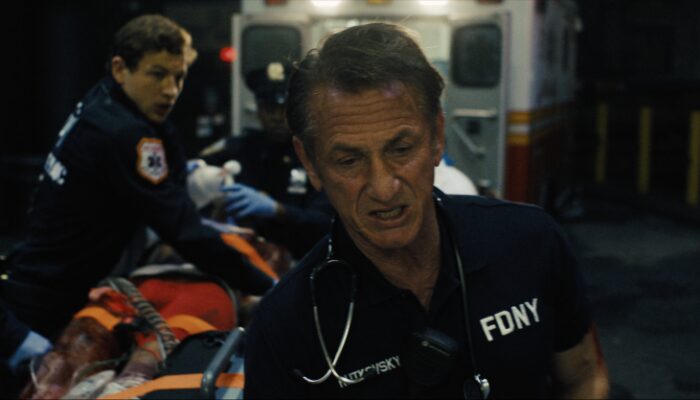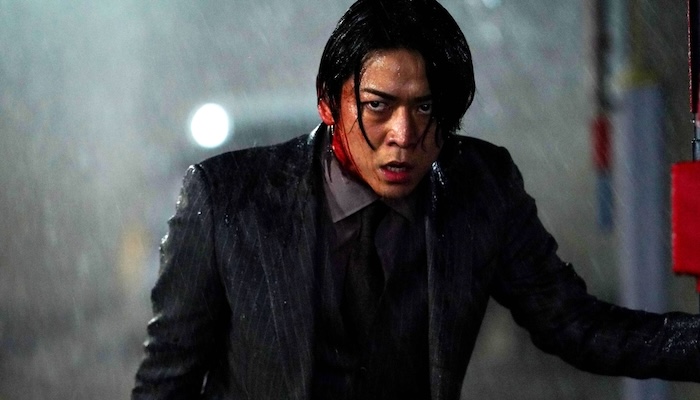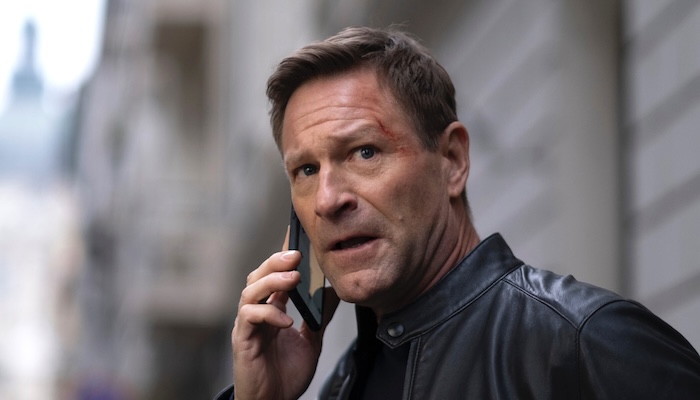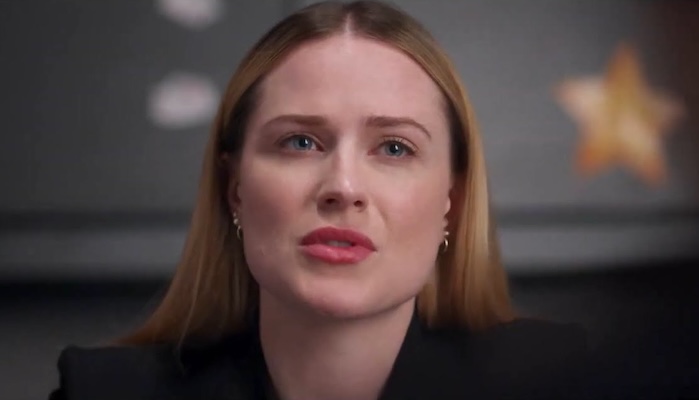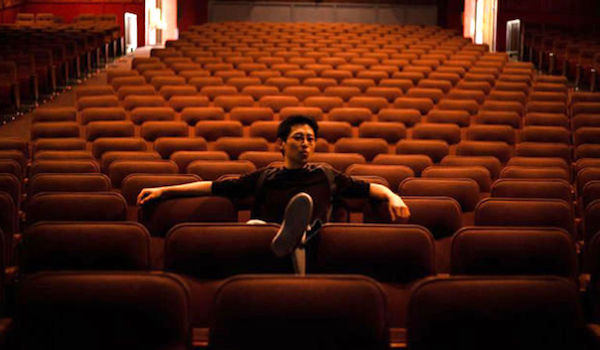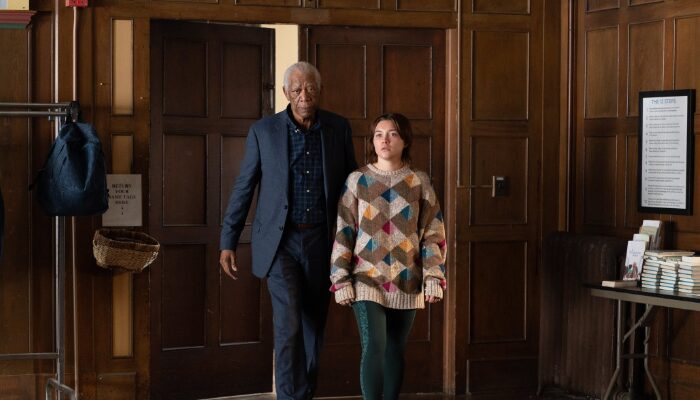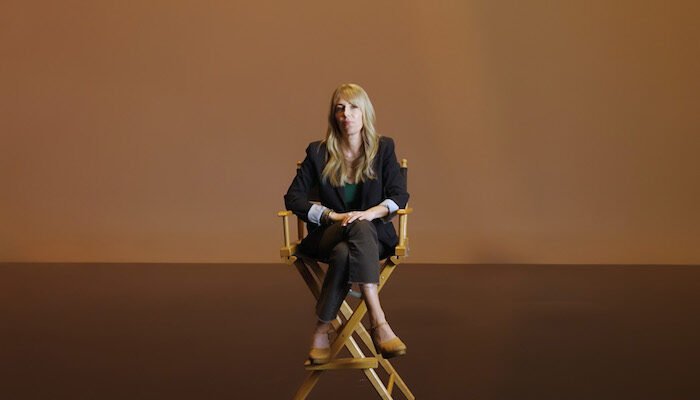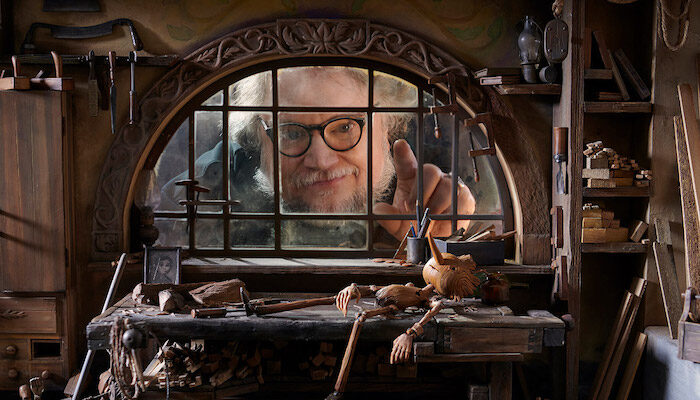The Measurement of a Film’s Quality: Scales vs. Rating Individual Art Forms
The Measurement of a Film’s Quality: Scales vs. Rating Individual Art Forms
How do you evaluate a movie? Opposing IMDb and Rotten Tomatoes, I believe there can’t be a unifying objective scale to measure films on. That’s because everyone has their own way of evaluation and each movie has a unique impression on each of us. Taking into account all past events and the environment that have sculpted the way we look upon life, the same aspects mold our reaction to all entertainment. When you like something, then it’s a personal preference and not a definite verdict on the intrinsic value of the subject. Based on that understanding, I don’t like reviewing movies in a point system. “Whose line is it anyway” got it right – the points don’t matter.
There are some aspects that can be measured as either successful or not. Correct focus, framing, story structure, etc. It all boils down to either skillful execution of technique or artistic choice. Sometimes lousy execution of camera stabilization can be an effective visual tool. A lack of efficiency in one department may even the scales in others. Gravity lacks plot development but its computer-generated imagery are some of the all time best. How can I give it a 7/10 or 10/10 and do justice to both aspects of the film?
If the intent of the movie is clear (it’s made to be funny, scary, visually pleasing, nostalgic etc.) and it feels like it succeeds, then I am content in the theatre. Bad experiences ensue when a movie does not fulfill the goal that it set for itself e.g. Suicide Squad. In those cases, the overall lack of direction cannot be leveled with other qualities. Batman v Superman: Dawn of Justice tried to fixate on the philosophical clash of the two superheroes. It explained why and how the adversity began but it fell through with its execution. In the end, the movie just overlooked the logic. You can look at Mulholland Drive for an example of the opposite. The intent of that movie was to be mysterious. Mulholland Drive sometimes overlooked logic but it didn’t drive you away from your movie theater chair. On the contrary, its elements made the viewing experience whole.
When I’m in a theater, almost everything boils down to entertainment value. I can forgive parts of a movie for being bad if the overall experience is thrilling. A moviegoer can be entertained by various sides of a movie e.g. it’s acting, jokes, plot twists, action sequences, etc. Then there are the movies that stick with you. Those are the masterpieces that entwine entertainment value with a meaningful idea.
So when I review movies, I always try to take the film apart and analyze its parts individually. Did it stay in tune with its goal? Were there any displays of significant technique? What stood out? Was there anything annoying? The list is numerous.
Examples on how I approach film criticism via a few succinct film critiques:
The film American Psycho shows us the dangers of the money and appearance idolizing culture we live in. The film is mysterious and looming, full of great performances. The message in the film is actual, it’s drama is thrilling to witness, and Bale’s acting makes it endlessly re-watchable.
Shaun of the Dead is the rare occasion where a comedy can be funny yet thought-provoking. Edgar Wright’s visual style is captivating (look away and you’ll miss a small detail). The film is filled with witty dialogue and Easter eggs numerous enough to satiate even the most rabid horror fanboy.
The Lord of the Rings trilogy is one of the greatest examples of how to pull off a movie on an epic scale. It carries within its robes and cloaks the message of how money and power can influence us. Its characters are relatable. A palpable connection is formed between you and the leads (rare). It also contains one of the best original soundtracks produced for a motion picture.
Se7en is the elusive film gem full of satisfying and engrossing plot twists. Its three main characters are well-sculpted and journey across different yet connected arcs. What makes Se7en so unforgettable are its gruesome visual style and the powerful emotions generated by the film’s ending.
As you can see, I broke the example films down into smaller pieces and reviewed those parts separately.
Movie-making is a mixture of different arts (directing, cinematography, etc). Each of those art forms are considered separately when I evaluate a film. Scales are technically irrelevant. They are an inaccurate measure.
How do you measure and evaluate a film you have viewed?
Related Articles
FilmBook's Newsletter
Subscribe to FilmBook’s Daily Newsletter for the latest news!


